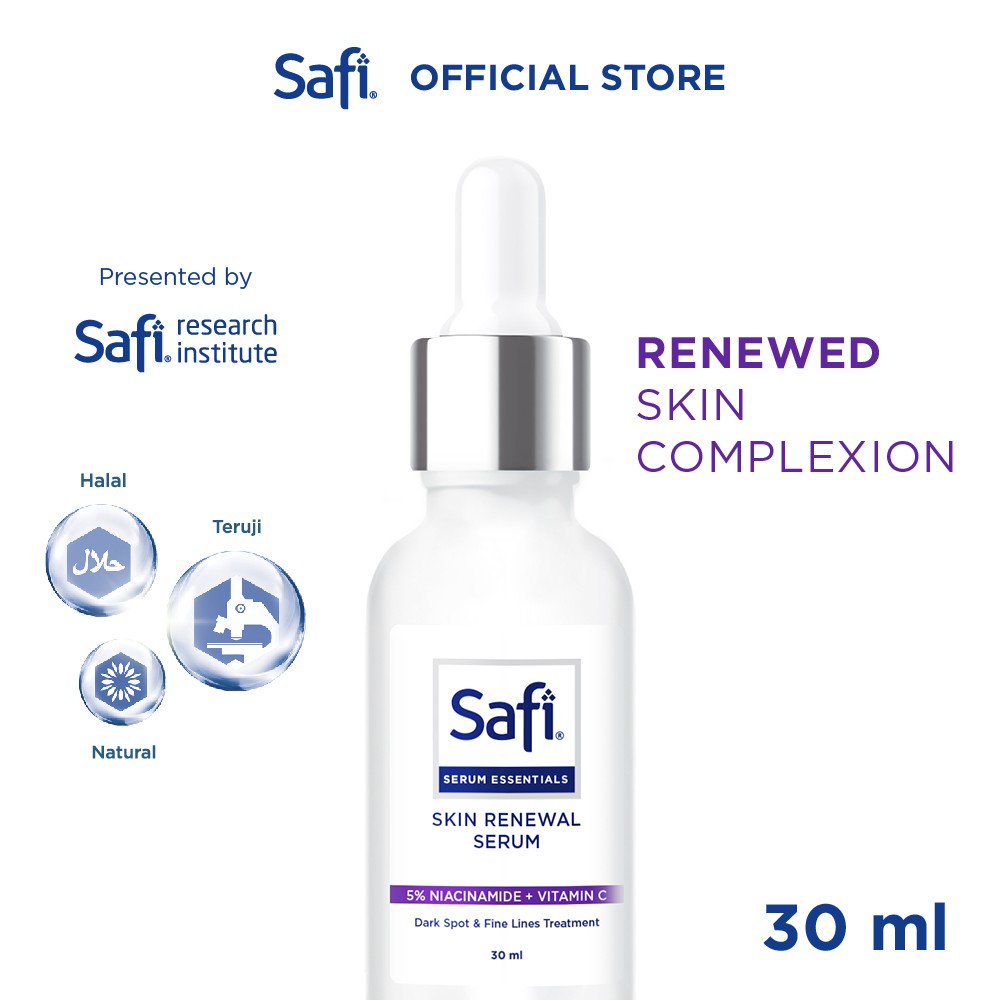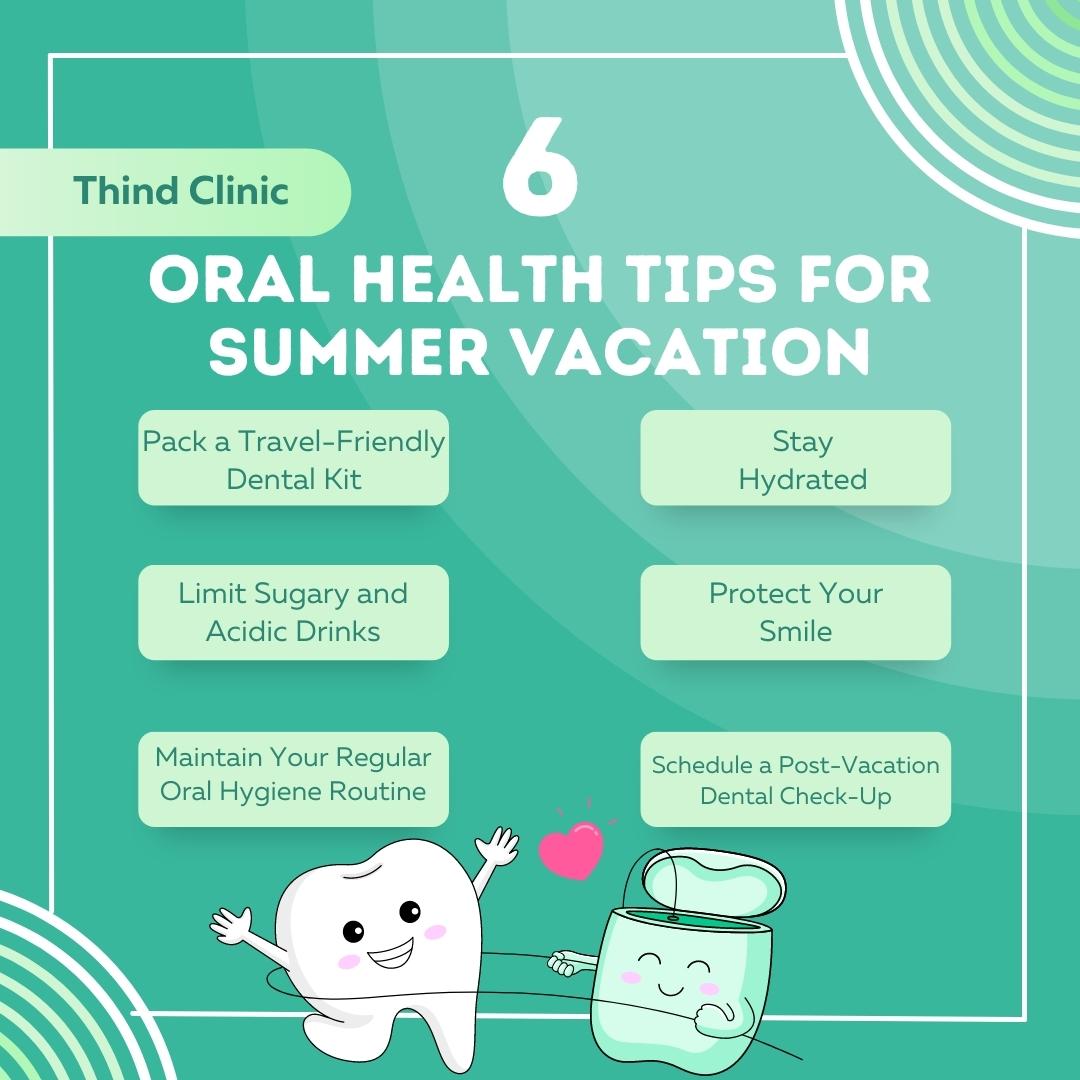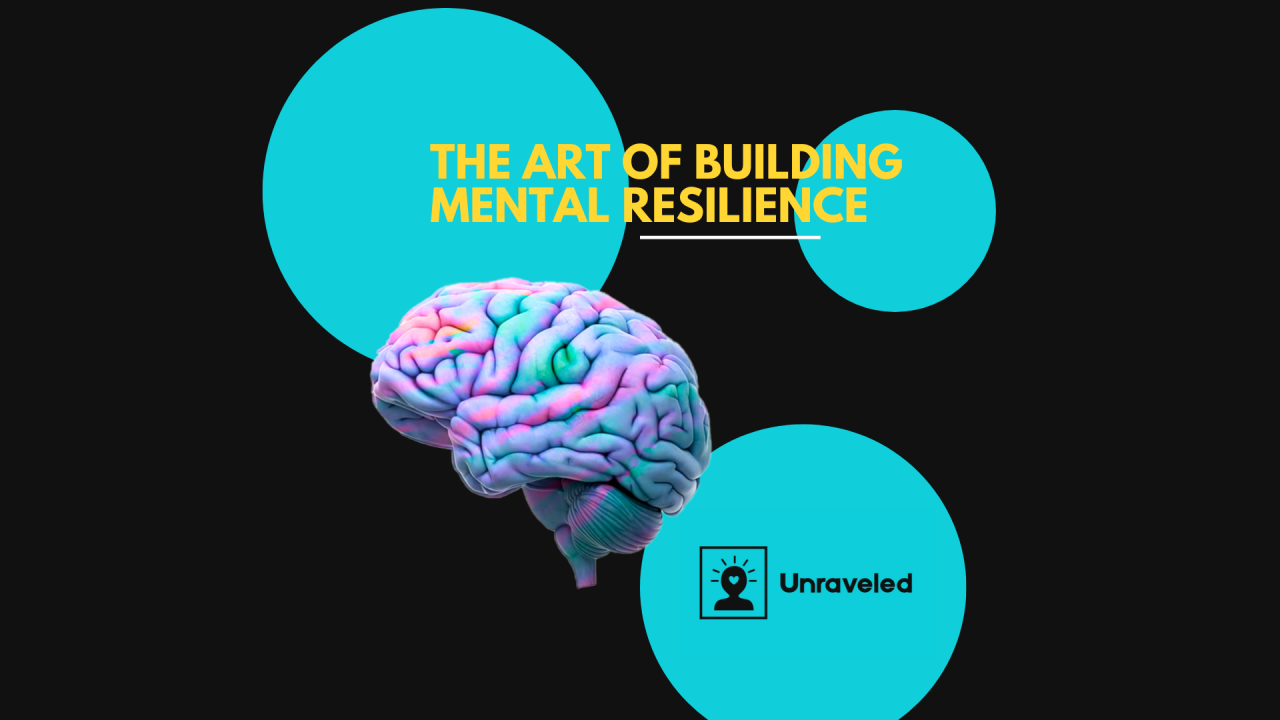
Radiant Skin: Unveiling the Secrets to Beautiful Complexion
Achieving beautiful, radiant skin goes beyond skincare products; it involves a holistic approach that addresses both internal and external factors. Let’s delve into the secrets of attaining and maintaining a beautiful complexion.
Understanding Your Skin Type
The journey to beautiful skin begins with understanding your skin type. Whether you have oily, dry, combination, or sensitive skin, tailoring your skincare routine to your specific needs is essential. Consultation with a dermatologist can help identify your skin type and guide you in selecting the right products.
Daily Cleansing Rituals for Healthy Skin
A consistent cleansing routine is the foundation of beautiful skin. Gently cleanse your face twice a day to remove impurities, makeup, and excess oil. Choosing a cleanser that suits your skin type is crucial to avoid stripping essential oils or causing irritation.
Hydration for a Youthful Glow
Hydration is a key factor in maintaining beautiful skin. Drinking an adequate amount of water helps keep your skin hydrated from within. Additionally, using a good moisturizer locks in moisture, preventing dryness and promoting a youthful, radiant glow.
Nutrition for Skin Health
Beautiful skin starts with a well-balanced diet rich in vitamins, minerals, and antioxidants. Incorporate fruits, vegetables, and foods high in omega-3 fatty acids for optimal skin health. These nutrients contribute to collagen production and protect the skin from environmental damage.
Sun Protection as a Beauty Staple
Protecting your skin from the sun is crucial for maintaining its beauty. UV rays can lead to premature aging, pigmentation, and an increased risk of skin cancer. Use a broad-spectrum sunscreen with at least SPF 30, even on cloudy days, to shield your skin from harmful sun exposure.
Consistent Exfoliation for Renewed Radiance
Exfoliation is a key step in revealing beautiful skin. Regularly exfoliate to remove dead skin cells, unclog pores, and stimulate cell renewal. Be mindful not to over-exfoliate, as this can lead to irritation. Choose a gentle exfoliator suitable for your skin type.
Quality Sleep for Skin Regeneration
A good night’s sleep is essential for beautiful skin. During sleep, the body undergoes a regeneration process, repairing and renewing skin cells. Lack of sleep can lead to dull complexion, fine lines, and dark circles. Aim for 7-9 hours of quality sleep each night for optimal skin health.
Stress Management for Skin Harmony
Chronic stress can take a toll on your skin. Practice stress management techniques such as meditation, deep breathing, or yoga to promote skin harmony. Managing stress not only benefits your overall well-being but also contributes to a more radiant complexion.
Avoiding Harmful Habits for Skin Wellness
Certain lifestyle habits can negatively impact your skin’s beauty. Avoid smoking, limit alcohol intake, and refrain from excessive sugar consumption. These habits can contribute to premature aging, wrinkles, and skin dullness.
Consulting Professionals for Skincare Guidance
When it comes to achieving beautiful skin, seeking professional guidance can make a significant difference. Dermatologists can provide personalized advice, recommend effective treatments, and address specific skin concerns. Regular check-ups ensure your skincare routine evolves with your skin’s changing needs.
Embracing Beautiful Skin: A Lifelong Journey
In conclusion, achieving and maintaining beautiful skin is a lifelong journey that requires a combination of external care and internal wellness. Understanding your skin, adopting healthy habits, staying hydrated, and seeking professional guidance contribute to the radiant complexion you desire. Beautiful skin is a reflection of your overall health and well-being.
To discover more about nurturing Beautiful Skin, explore valuable resources at StudentAls for additional insights and skincare tips.















